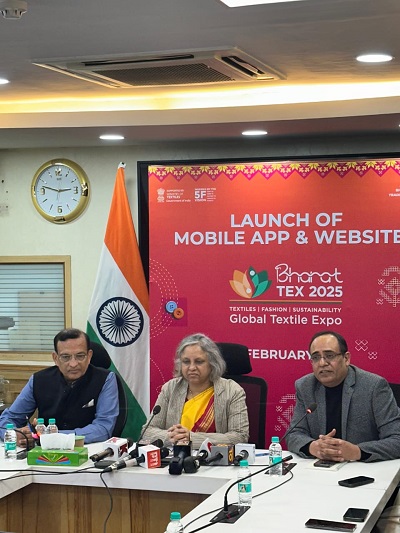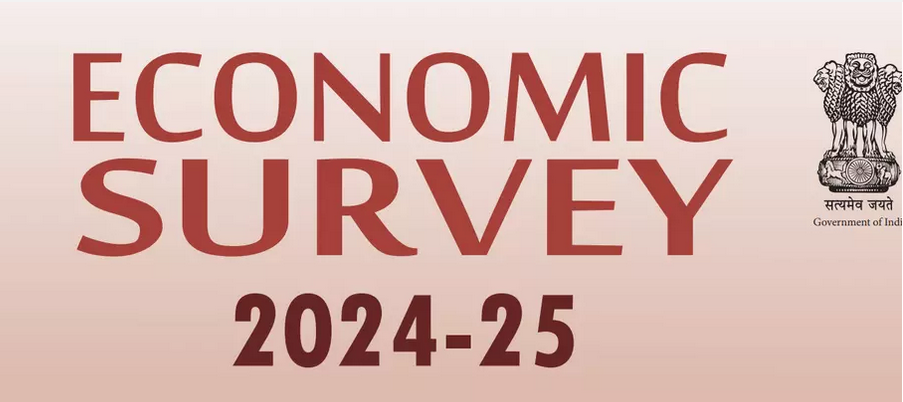The Comprehensive and Progressive Agreement for Trans-Pacific Partnership (CPTPP) is unlikely to dent India’s export prospects meaningfully due to the absence of its key market, the US. Instead it will cut tariffs in nations that together make up for just over 13 per cent of the global economy. With the US, it would have represented 40 per cent of world GDP.
CPTPP is the mega Asia-Pacific trade pact signed by 11 nations, including Japan and Singapore. But the deal could see more pressure being put on India to help conclude the 16-nation Regional Comprehensive Economic Partnership (RCEP) agreement at the earliest without being too emphatic about its own demands in the services sector.
The absence of the US is a relief for India’s garment industry. The US was the original proponent of the TPP but decided to withdraw from it fearing it would be the death blow for American manufacturing. The CPTPP is not expected to impact India much as six of the 11 CPTPP countries are already part of the group negotiating the RCEP in which India is also a participant.
CPTPP comprises Australia, Brunei, Canada, Chile, Japan, Malaysia, Mexico, New Zealand, Peru, Singapore and Vietnam. Fears of key competitor Vietnam gaining duty-free access to the US, India’s single-largest market for such products, have abated.
India breathes easy with CPTPP as exports may not be affected
- 1
- 2
- 3
- 4
- 5
- 6
- 7
- 8
- 9
- 10
New trade tariffs expected to reshape US apparel and textile sourcing landscape
The announcement on new trade tariffs by the US sent ripples throughout the global apparel and textile industry, significantly impacting... Read more
Rise of Southeast Asia, challenging China's textile dominance
Asia has long been the world's manufacturing hub for textiles and apparel, with a complex web of intra-regional trade leading... Read more
Bharat Tex 2025 app & website launched for seamless engagement
Union Textiles Secretary Neelam Shami Rao applauded industry bodies for their proactive role in organizing Bharat Tex 2025, calling it... Read more
Is Pakistani fashion losing spark with its focus on celebrification & commer…
The recent article ‘Style: The Death of Pak Fashion?’ highlights the grim situation of the Pakistani fashion industry. The author,... Read more
Xinjiang Cotton: A tangled web of production, trade, and geopolitics has implica…
China’s Xinjiang region synonymous with cotton is deeply entangled in controversy, raising ethical and economic questions that reverberate throughout the... Read more
Lenzing showcases sustainable fiber innovations at Fibers& Yarns Expo 2025
Lenzing Group, a global leader in wood-based specialty fibers, concluded its participation in the Fibers & Yarns Expo 2025 on... Read more
India's textile sector poised for growth amidst global disruptions
India's textile industry is poised for a period of substantial growth, capitalizing on disruptions in competing markets that are opening... Read more
Can Xinjiang cotton overcome forced labor concerns?
The Xinjiang Uygur Autonomous Region in China has long been a dominant force in the global cotton industry. Its unique... Read more
India’s Union Budget 2025-26: A booster shot for textiles, apparel, and retail
The Union Budget 2025-26 has delivered a mixed bag of outcomes for the textile, apparel, and retail sectors, with some... Read more
Economic Survey 2024-25: A mixed bag for the textile, apparel industry
The Economic Survey 2024-25, released ahead of the Union Budget, presents a comprehensive analysis of the Indian economy, with a... Read more












